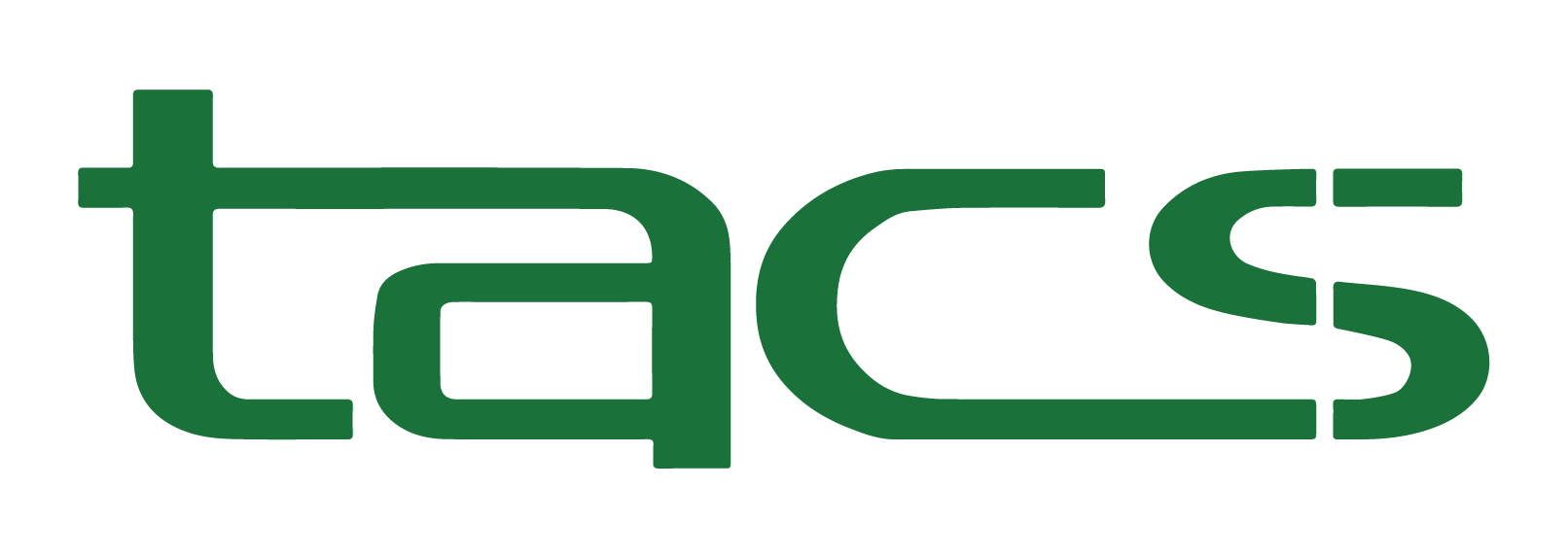Treasurer’s Leins
Q: Can an employer refuse to honor a tax lien for a delinquent account because the employee has a pre-existing child support garnishment?
A: No, when the lien issued is for taxes, the correct procedure is for the employer to honor the child support attachment and then pay from the balance of the paycheck to the treasurer to satisfy the lien. Many employers get confused here due to the legal limits on garnishment; however, Virginia Code section 34-3 clearly states that the limitations and exemptions in the code (including maximum amount of wages subject to garnishment under §34-29) do not apply to lien for local taxes. Therefore, the treasurer is entitled to 100% of the paycheck after the child support order is honored.
If the lien was for non-tax charges, I am afraid that the exemptions and limitations of the Virginia Code §34-29 do apply and that the employee is guaranteed a certain minimum amount (30x minimum wage) and that the total amount withheld cannot exceed 25% of his disposable income. So if, after honoring the child support order, the employee would not receive enough to satisfy this test, the employer would be correct in saying it was unable to honor the lien.
Q: Can I issue a letter to garnish a person’s wages for a water bill?
A: The Treasurer can use all administrative means to collect taxes and other charges due. If the treasurer is responsible to collect water bills, she can do so using the administrative Treasurer’s Lien.
You should, however, be using a different form for non-tax liens that tax liens. While the document is essentially the same, the tax lien can request 100% of a debtors pay and the non-tax lien is limited to 25% (and certain other limitations and exemptions apply). You can call your liens “Treasurer’s Liens” and say they are for “taxes and/or other charges”. The only difference would be in the amount subject to the lien.
Q: Do wages seized from a taxpayer by tax lien issued pursuant to Code of Virginia §58.1-3952 have to be returned to the taxpayer upon the filing of a petition in bankruptcy?
A: Under applicable Virginia and bankruptcy law, any funds subject to the lien which were earned by the taxpayer prior to the bankruptcy filing do not need to be returned to the taxpayer.
The question that needs to be decided is whether the taxpayer had any rights in the funds seized pursuant to the lien. Under Virginia law, the tax lien attaches to all funds owed to the debtor (wages owed by the employer) from the moment it is received. Code of Virginia §58.1-3952. The law transfers ownership of the property seized by the treasurer pre-petition, leaving the debtor no interest in the property. In re Eisenbarger, 160 B.R. 542 (E.D.Va. 1993). “Once notice of levy has been served on cash or a cash equivalent, nothing more is required to transfer ownership to the government, and the taxpayer’s interest in the levied property will have been extinguished”.
As the debtor has no interest in the property at the commencement of the bankruptcy case, the funds seized pursuant to the lien for wages earned up until the date the bankruptcy petition was filed should not be returned to the taxpayer.
Q: We are planning to issue our first lien on rent money from a tenant owed to a business and were wondering if we can include the Business’s (landlord’s) delinquent personal property tax for equipment along with the delinquent real estate taxes? Also, in issuing the lien should we cite §58.1-3952 or §58.1-3944?
A: I think the basis of the lien is §58.1-3952 which provides the ability to Treasurer’s to use third party liens. While §58.1-3944 may be applicable, it really just provides that the tenant receives a credit for the rent paid over. This “credit” is also provided in 58.1-3952, albeit in a broader scope.
Q: Can I seize property that was taxed but has now been sold to a third party?
A: Virginia Code section 58.1-3941 says that the treasurer may seize personal property (vehicles, business tangible property, whatever) on which taxes were specifically assessed after the property has passed from the original taxpayer to another party. Just as a treasurer can sell real estate with an unpaid tax lien, a treasurer can also sell personal property on which there are unpaid taxes, even if the property has passed to another party. The new holder of the property may have a cause of action against the original owner to recover the amount of the taxes, penalty, and interest he pays the treasurer, however.
There is an exception for “highway vehicles,” if the purchaser has paid full value for the vehicle was not aware of the taxes owed on the vehicle at the time it was purchased. If your new owner knew that taxes were due, or if he did not pay “full value” for any vehicles in question, then you can seize the vehicles if he refuses to pay.
Q: We've just been notified by the sheriff's office of a sheriff's sale to be held a week from today on the equipment of a restaurant in our jurisdiction. Upon learning of this, our commissioner's office hastily put together an assessment on the associated business personal property. Can I forward some sort of writ to the sheriff's office in order to place a claim for the amount of taxes assessed?
A: The tax (on the specific equipment) has priority over all security interests. You should notify the people selling the property that you claim such an interest and that it needs to be paid from the proceeds before any other distributions (other than costs of sale). You can also ask the sheriff to distrain the property on your behalf to formalize your claim. You should not need to involve the courts, although the other party may if they doubt your authority.
